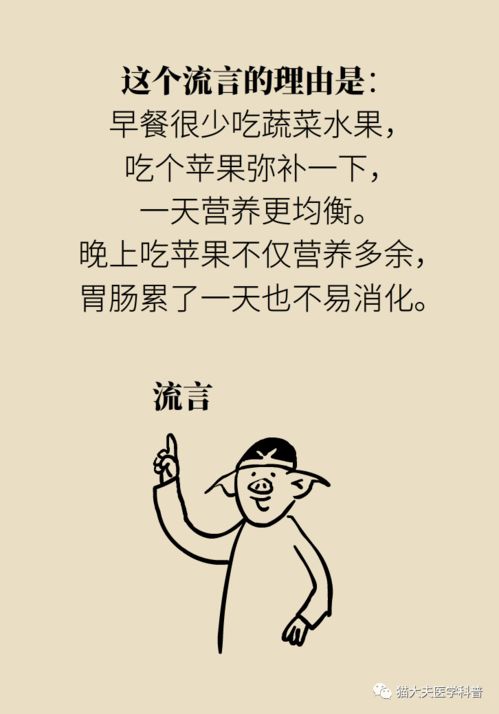
冷

知识, refers to the knowledge that many people are not familiar with but is interesting enough to spark their curiosity. With the advancement of technology and the internet, there is an abundance of information available at the click of a button. In this article, we will explore a few interesting "cold knowledge" facts that you might not know.
1. The word "testify" comes from ancient Rome.
The word "testify" comes from the ancient Roman practice of swearing an oath while holding onto one's testicles. The Latin word "testis" means "witness," and in ancient Rome, people would swear on their "testes" to prove the truth of their statements. The practice of swearing on one's testicles was called "testificatio," which later became the word "testify" that we use today.
2. The world's smallest mammal is the bumblebee bat.
The bumblebee bat, also known as the Kitti's hog-nosed bat, is the world's smallest mammal. It is found in Thailand and Myanmar and weighs just 1.5 to 2 grams, which is about the weight of a dime. The bat's body is only about 3 centimeters long, and its wingspan is around 15 centimeters.
3. The tallest building in the world is not the Burj Khalifa.
Many people believe that the Burj Khalifa in Dubai is the tallest building in the world, but it is not. The tallest building in the world is the Shanghai Tower in China, which stands at 632 meters (2,073 feet) tall. The Burj Khalifa is the second-tallest building in the world at 828 meters (2,716 feet).
4. The world's largest snowflake was 15 inches wide and 8 inches thick.
In 1887, during a snowstorm in Montana, USA, the largest snowflake ever recorded fell from the sky. The snowflake was 15 inches wide and 8 inches thick, which is about the size of a large pizza. The snowflake was so large that it was recorded in the Guinness World Records.
5. The longest word in the English language has 189,819 letters.
The longest word in the English language is the chemical name for the protein, "Titin." The full name of the protein is 189,819 letters long and takes over three hours to pronounce. To save time, scientists often refer to the protein as "Titin."
In conclusion, these are just a few examples of some of the amazing "cold knowledge" facts that exist in the world. Knowledge is power, and the more we learn about the world around us, the more we can appreciate its wonder and complexity. So, keep your curiosity alive and never stop learning.